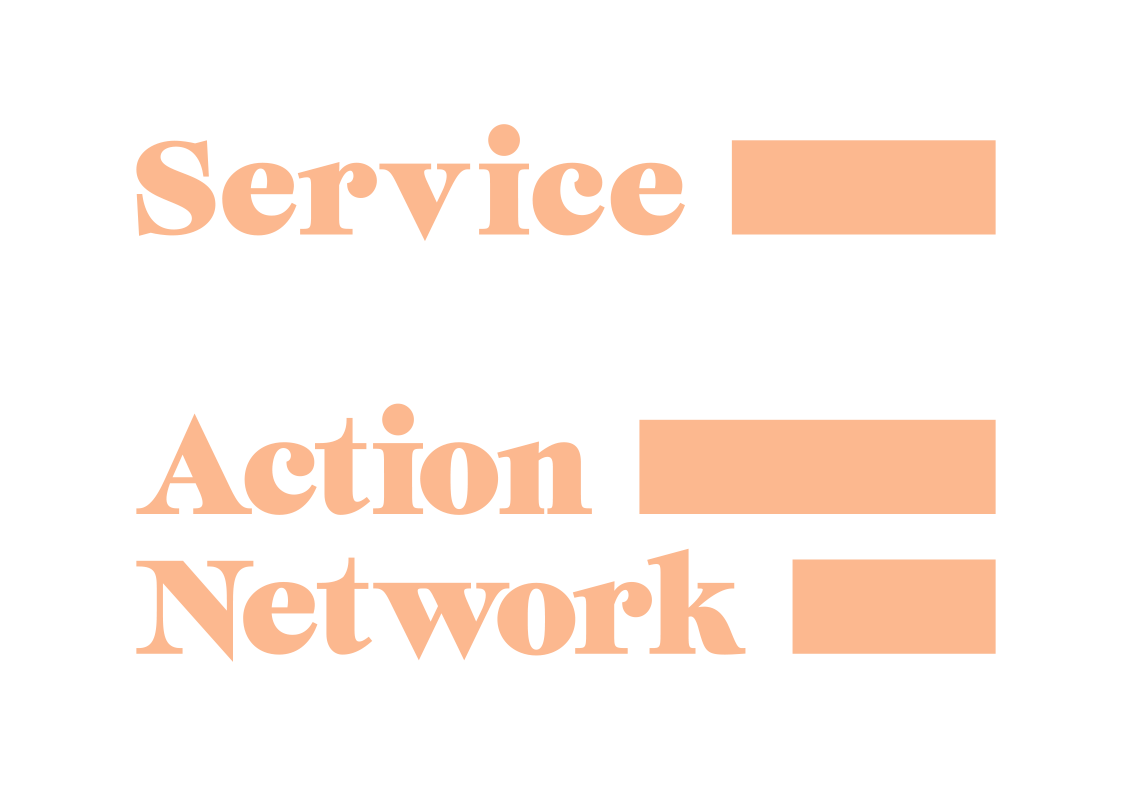SWAN SUPPORTS REMOVING COMMANDERS FROM MAKING DECISIONS IN FELONY CASES
FOR IMMEDIATE RELEASE
June 13, 2019
SWAN Supports Removing Commanders from Making Decisions in Felony Cases
Washington, DC –The Service Women’s Action Network strongly supports the reintroduction of the Military Justice Improvement Act by Sen. Kirsten Gillibrand (D-N.Y.) today. The MJIA would remove commanders from the decision-making process in sexual assault cases.
“Removing Commander’s from the decision-making process sends a clear signal that there are some crimes that are so severe that Commanders have no place in deciding if, when or how they are prosecuted,” said retired Army Col. Ellen Haring, SWAN CEO. “Too many commanders have failed to properly investigate or prosecute subordinates charged with sexual misconduct and this failure has led service members to refuse to report sexual assaults because they do not trust their commanders to make proper disposition of such charges or to protect them from retaliation from superiors or peers,” Haring said. “This change protects both the victim and the accused by putting investigations and prosecutions in the hands of independent, trained experts.”
The Military Justice Improvement Act makes a revolutionary change to the Uniform Code of Military Justice by removing from the accused’s commander the authority to dispose of felony-level charges for non-military-specific crimes. Commanders would retain the authority to dispose of 67 military-specific crimes, such as desertion and AWOL and they also retain the authority to dispose of misdemeanors (for which the maximum penalty is less than a year in prison) using Non-Judicial Punishment. The disposition of felony-level crimes would become the providence of military JAG officers with substantial prosecutorial training and experience—training and experience which few military commanders have.
According to Defense Department officials reports of sexual assaults have steadily increased since 2012 and two thirds of sexual assault victims do not report their assault while 43% of individuals who reported experienced retaliation. “When it came time to make the decision to report my sexual assault my trust in my command was a determining factor. The response that I received when I attempted to initially report was, ‘He’s a good sailor. Do you want to ruin his career?’ Knowing that my command did not care about my safety or health deterred me from reporting and led to future assaults that also went unreported,” said Sasha Georgiades, SWAN case manager and Navy veteran.
About the Service Women’s Action Network
SWAN is a national, nonpartisan organization and member-driven community network advocating for the individual and collective needs of service women and women veterans. To date, SWAN has played a major role in opening all military jobs to service women, holding sex offenders accountable in the military justice system, eliminating barriers to disability claims for those who have experienced military sexual trauma, and expanding access to a broad range of reproductive healthcare services for military women.

